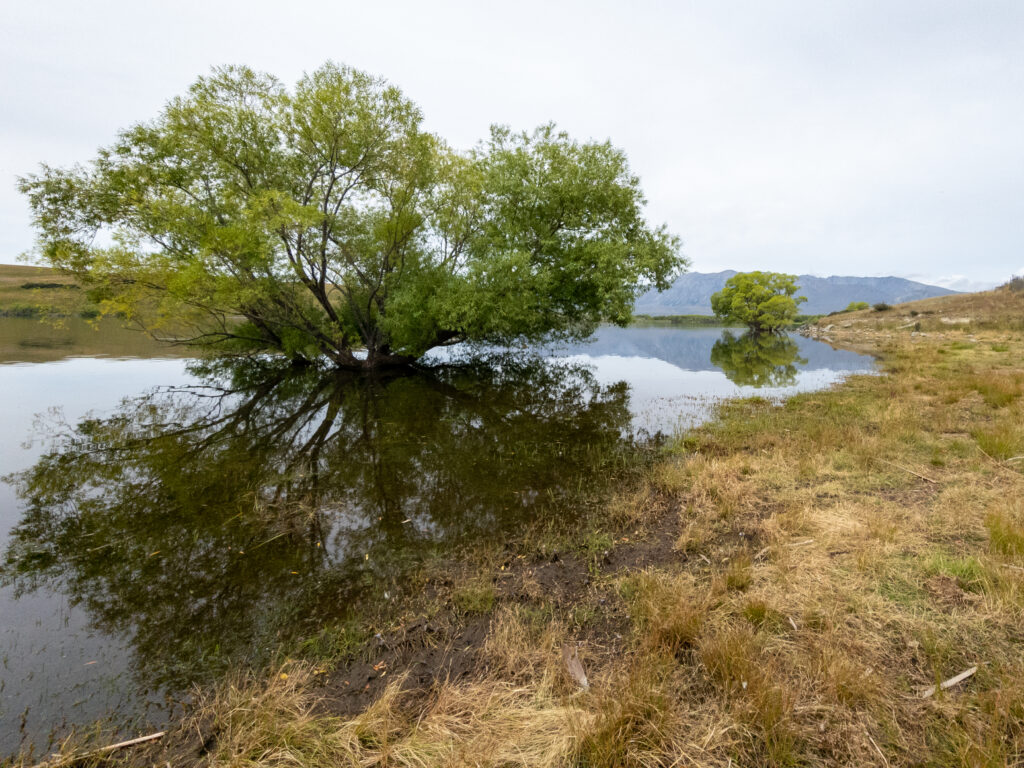Final beta version to follow on heels of agreement on Target 15 in new Global Biodiversity Framework.
Following the adoption of the Global Biodiversity Framework (GBF) at Montreal’s COP15, the Taskforce on Nature-related Financial Disclosures (TNFD) said the release of its V0.4 beta framework in March would further assist firms in assessing and reporting on biodiversity and nature-related risks.
Speaking at the TNFD’s ‘Moving to Action After Montreal’ webinar, David Craig, Co-chair of the TNFD, called the GBF an “ambitious framework” and highlighted its role in “halt[ing] the degradation of nature and biodiversity”. He also underlined the importance of the GBF in ensuring “harmony in nature” by addressing restoring natural ecosystems, which the TNFD’s disclosure framework aims to support.
The GBF featured 23 targets and four goals, but Target 15 is viewed as vital to private-sector management of biodiversity-related risks.
Also speaking on the webinar, Emily McKensie, Technical Director at the TNFD, said there were “key points of conceptual alignment” between the finalised GBF – including Target 15 – and the TNFD framework.
Harmony in nature
Target 15 requires governments to encourage companies and financial institutions disclose their risks, dependencies and impacts on biodiversity along their operations, supply and value chains, and portfolios.
“Target 15 means that disclosures on nature impacts, dependencies and risk are coming and we’re seeing more and more activity to support these,” said Craig. “The TNFD is a framework and a tool to support Target 15.”
McKensie underlined the momentum the TNFD could offer the GBF and Target 15, through its focus on helping firms and investors to disclose and risk manage nature-related impacts and dependencies.
She also highlighted the TNFD framework’s ability to help “operationalise” which organisations will regularly monitor, assess and disclose nature risks, dependencies and impacts, resulting in a “clear connection” to Target 15.
However, the GBF was accused of being “watered down” by a number of observers due the word ‘mandatory’ being excluded from the framework.
Maelle Pelisson, Advocacy Director at Business for Nature, who was privy to the behind-the-scenes negotiations at COP15, admitted that mandatory disclosures would have helped in “levelling the playing field” and demonstrating urgency.
Speaking on the webinar, Pelisson told onlookers the GBF would still help businesses to access data required to accelerate action on reducing negative impacts on nature. Pelisson also welcomed the engagement of businesses at COP15, as well as the rapid growth in momentum surrounding biodiversity and nature.
“We’ve seen this momentum growing so fast from March to December last year,” she said. “We can only expect that it will continue growing now that [the GBF] been adopted.”
September launch and beyond
According to Craig, disclosures are important because they “demonstrate accountability”, but he stressed that they are “meaningless” unless companies take action.
“What’s really important is that companies have invested the time the talent, the knowledge and the skills,” he said. “Don’t underestimate the urgency of the crisis, but also the urgency of the movement,” he added. “The GBF agreement is ambitious [but] it’s real targets will be set by governments and businesses who will see growing pressure and action to align on these targets.”
The TNFD framework builds on the four core pillars of the Taskforce on Climate-related Financial Disclosures (TCFD) for corporates and investors, and is expected to be incorporated into the disclosure standards of existing sustainability standards bodies and national laws.
Alexis Gazzo, Europe West Sustainability Co-leader at EY, told attendees on the webinar that implementation of TNFD guidance will be much faster than TCFD due to the framework “building on the foundations that have been set up for climate”.
The TNFD will run a formal consultation where market participants can submit responses to a full draft of the beta framework from March until 1 June. The pilot testing of the framework, which has been running since 1 July 2022, will also finish on the same day.
The final beta framework is expected to provide additional guidance on disclosure metrics, measurement of impacts, dependencies and risks across supply chains, and the sector-specific reporting requirements, including agriculture, aquaculture and mining.
TNFD’s framework will then be finalised in September 2023.
The next UN Biodiversity Conference (COP16) is scheduled to take place in Turkey in 2024. It will likely see countries providing updates and reviews of their national biodiversity plans targets. Countries will also be expected to develop their national financial plans as a part of their resource mobilisation for implementation.
Read original article



